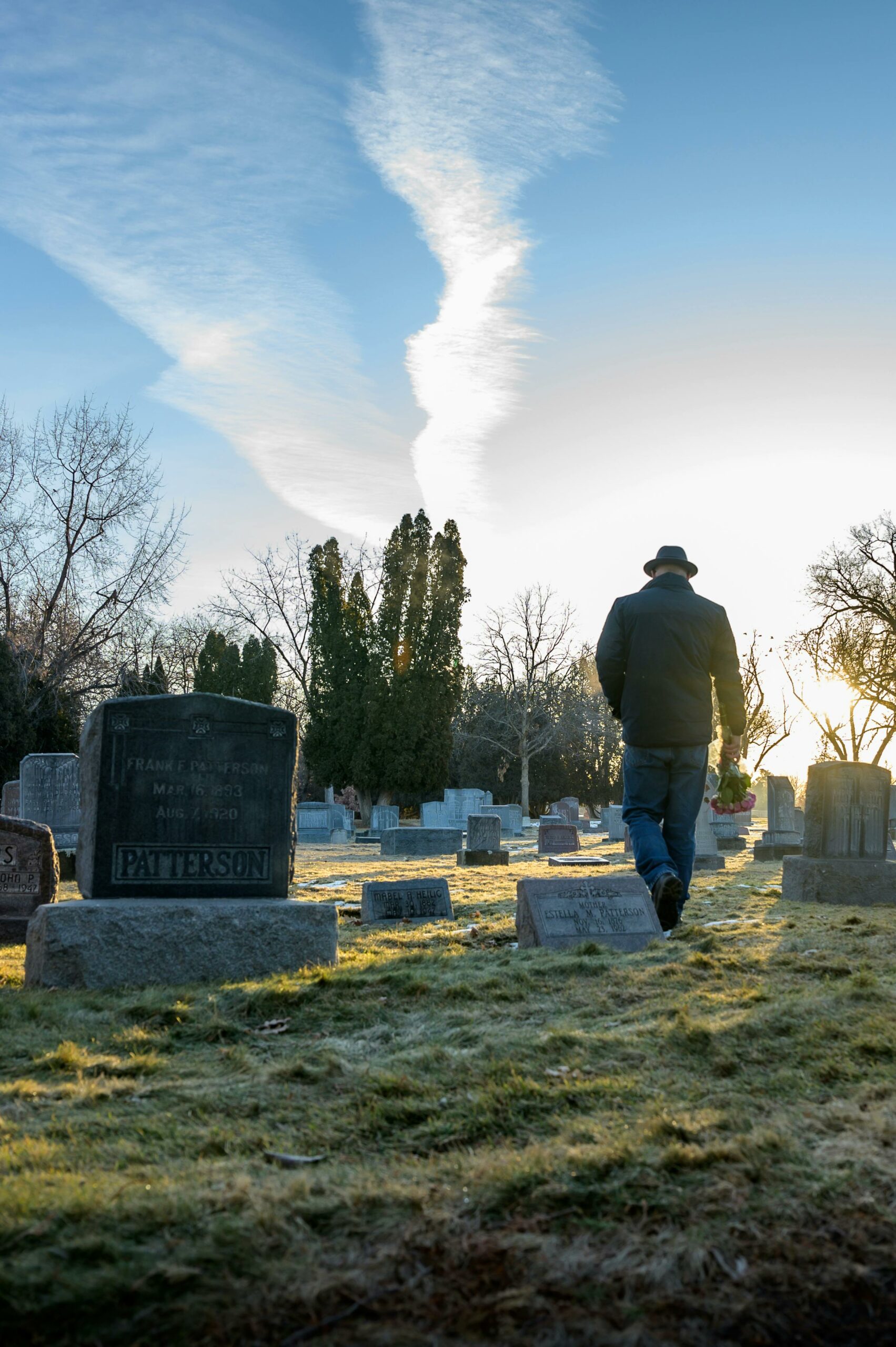Wellness
Grief
Grief is a complex emotional response to loss that can significantly impact individuals at any stage of life. While the experience of grief is universal, the way it is expressed and processed can vary depending on developmental factors.
Understand Grief
The 5 Stages of Grief: Navigating the Mourning Process
Mourning is a deeply personal journey, and navigating the five stages of grief—denial, anger, bargaining, depression, and acceptance—can help you understand and cope with loss. While these stages provide a framework, each person’s experience is unique, and healing...
Recommend Help in the Field
Hope House
Hope House offers a variety of workshops designed to address specific needs and requests. Their workshops cover a range of topics, including self-care and trauma, trauma-informed approaches, play therapy, team building, peer mentoring, parenting, substance awareness, emotional and self-regulation, anxiety and stress, and relationships and couples.
Kelly Jacobs
Kelly Jacobs is a female counselor offering a range of individual counseling and group workshop services to individuals aged 18 and older. Her approach is rooted in Cognitive Behavioral Therapy (CBT), while incorporating elements from other theoretical models to provide comprehensive support.
TherapyNow
TherapyNow is a safe and supportive environment where individuals can share their experiences and receive guidance to navigate challenges that are negatively affecting their lives. TherapyNow fosters a non-judgmental atmosphere, providing a space for open communication and personal growth.
Grief FAQ's
What is grief?
Grief is a natural emotional response to loss, whether it’s the loss of a loved one, a relationship, a job, or something else significant. It involves a range of emotions, including sadness, anger, guilt, and acceptance.
What are the stages of grief?
While there’s no one-size-fits-all model, the Kübler-Ross model suggests five stages: denial, anger, bargaining, depression, and acceptance. However, it’s important to note that people may experience these stages in a different order or not at all.
What are some common symptoms of grief?
- Physical symptoms: Fatigue, changes in appetite, sleep disturbances, and physical aches and pains.
- Emotional symptoms: Sadness, anger, guilt, anxiety, and hopelessness.
- Cognitive symptoms: Difficulty concentrating, memory problems, and feeling overwhelmed.
- Behavioral symptoms: Social withdrawal, avoidance, and substance abuse.
How can we cope with grief?
- Expressing emotions: Allowing oneself to feel and express emotions, even if they are painful.
- Seeking social support: Connecting with loved ones and seeking support from others.
- Engaging in self-care: Prioritizing physical and emotional well-being through activities like exercise, meditation, and healthy eating.
- Seeking professional help: Consulting with a therapist or counselor for guidance and support.
What are some challenges to the grieving process?
- Complicated grief: Persistent and intense grief that interferes with daily functioning.
- Unresolved grief: Grief that is not fully processed or addressed.
- Stigma: The fear of judgment or discrimination associated with grief.


